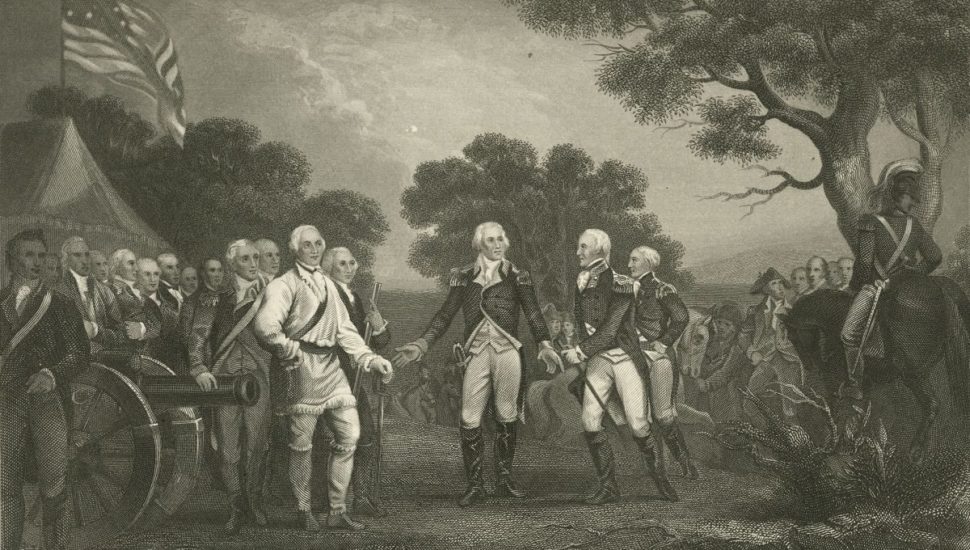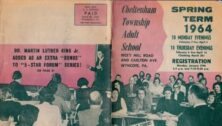How Attempting to Conquer Philadelphia During Revolutionary War Cost the British Dearly

British General William Howe’s decision to take Philadelphia in 1777 during the Revolutionary War cost the British dearly, writes Patrick Glennon for the Philadelphia Inquirer.
Howe, who was based in New York City at the time, disregarded directives to march north to meet up with General John Burgoyne’s forces. Instead, he headed south, landing with 13,000 troops 50 miles outside Philadelphia in August 1777.
There, he was confronted by General George Washington at the Battle of Brandywine, but emerged victorious and entered Philadelphia on Sept. 26.
But while Howe took the city, rebel pockets kept sabotaging the supply lines. The British regained control after seven weeks, but winter had already arrived. This created food shortages and a growing disdain for the British leadership who lived in luxury while the people starved.
“How insensible do these people appear, while our Land is so greatly desolated,” wrote Elizabeth Drinker – a diarist, Quaker, and patriot – at the time.
The occupation of Philadelphia ended in June 1778, when the British recalled their forces in Philadelphia to New York.
This made Howe’s quest to conquer Philadelphia an enormous strategic error that significantly contributed to the outcome of the Revolutionary War.
Read more about General William Howe’s decision in the Philadelphia Inquirer by clicking here.
Connect With Your Community
Subscribe to stay informed!
"*" indicates required fields



















![95000-1023_ACJ_BannerAd[1]](https://vista.today/wp-content/uploads/2023/03/95000-1023_ACJ_BannerAd1.jpg)




























